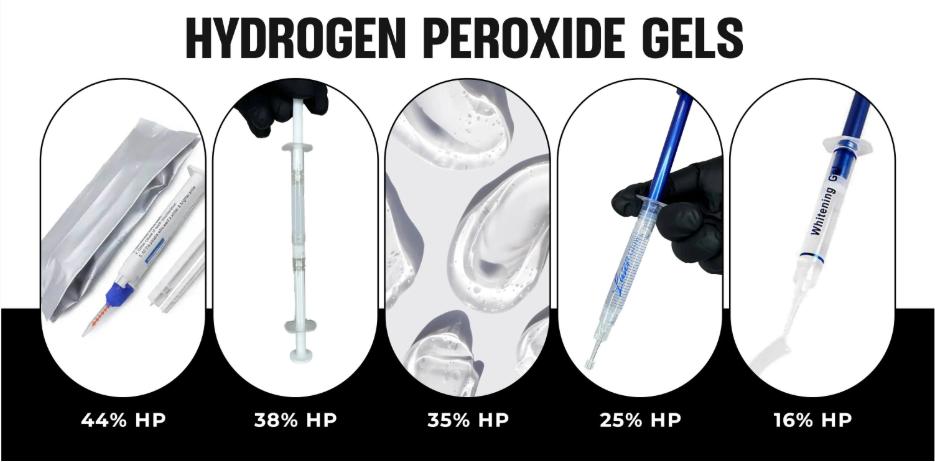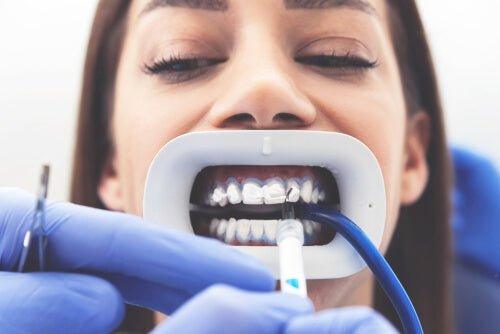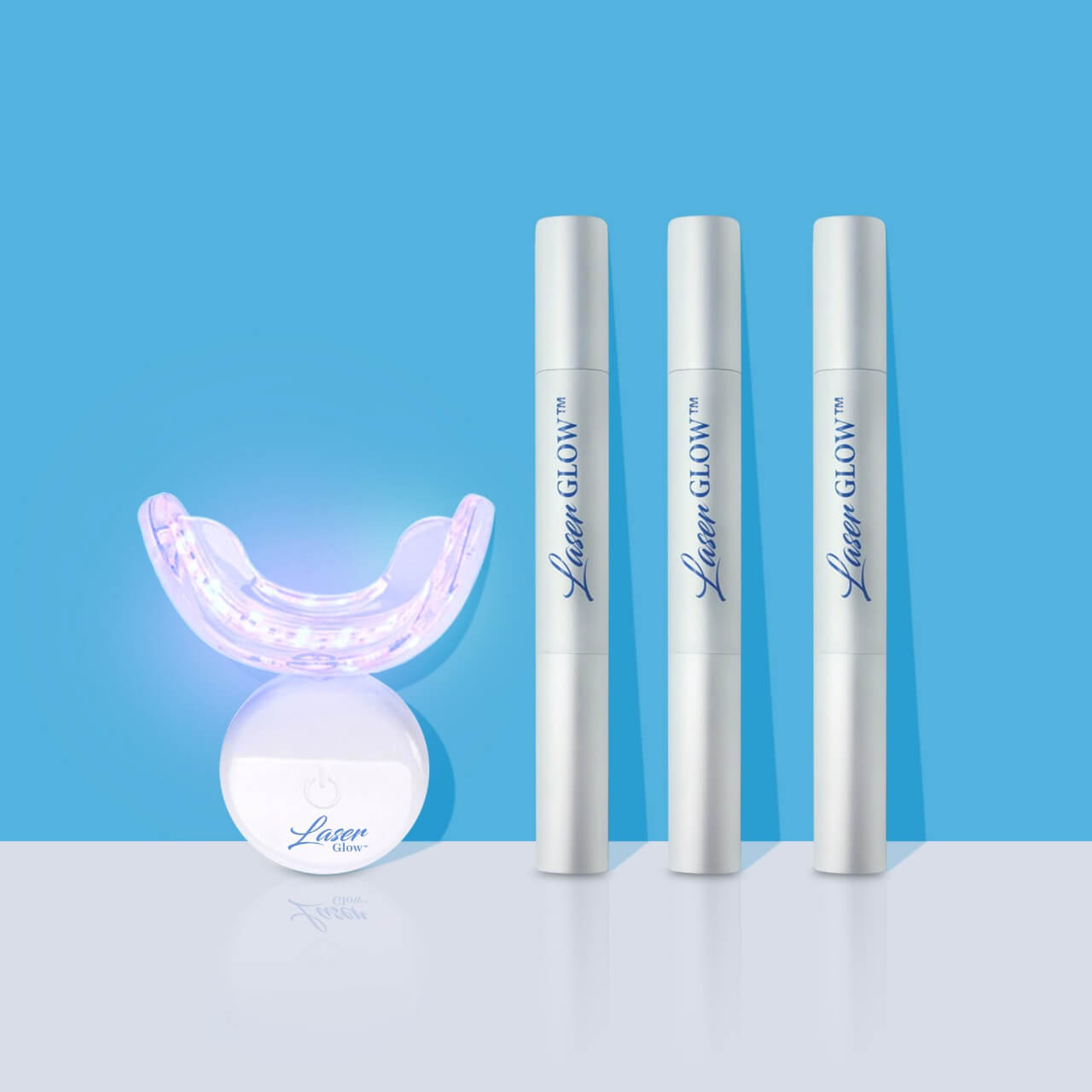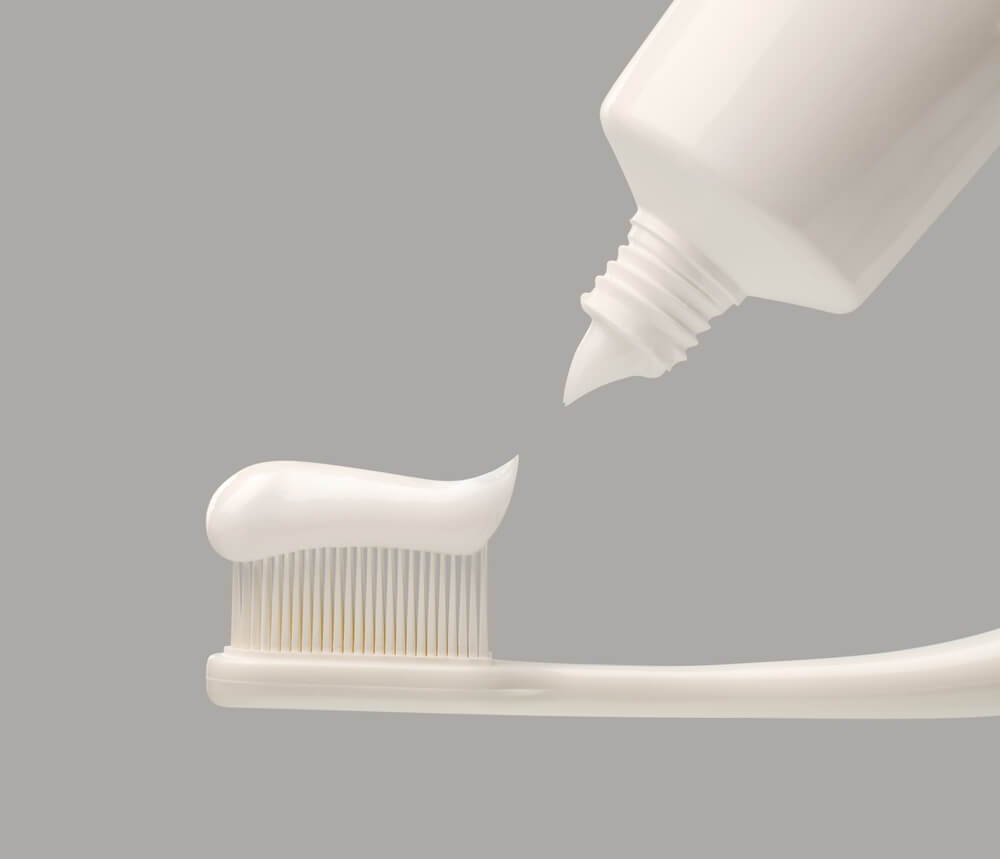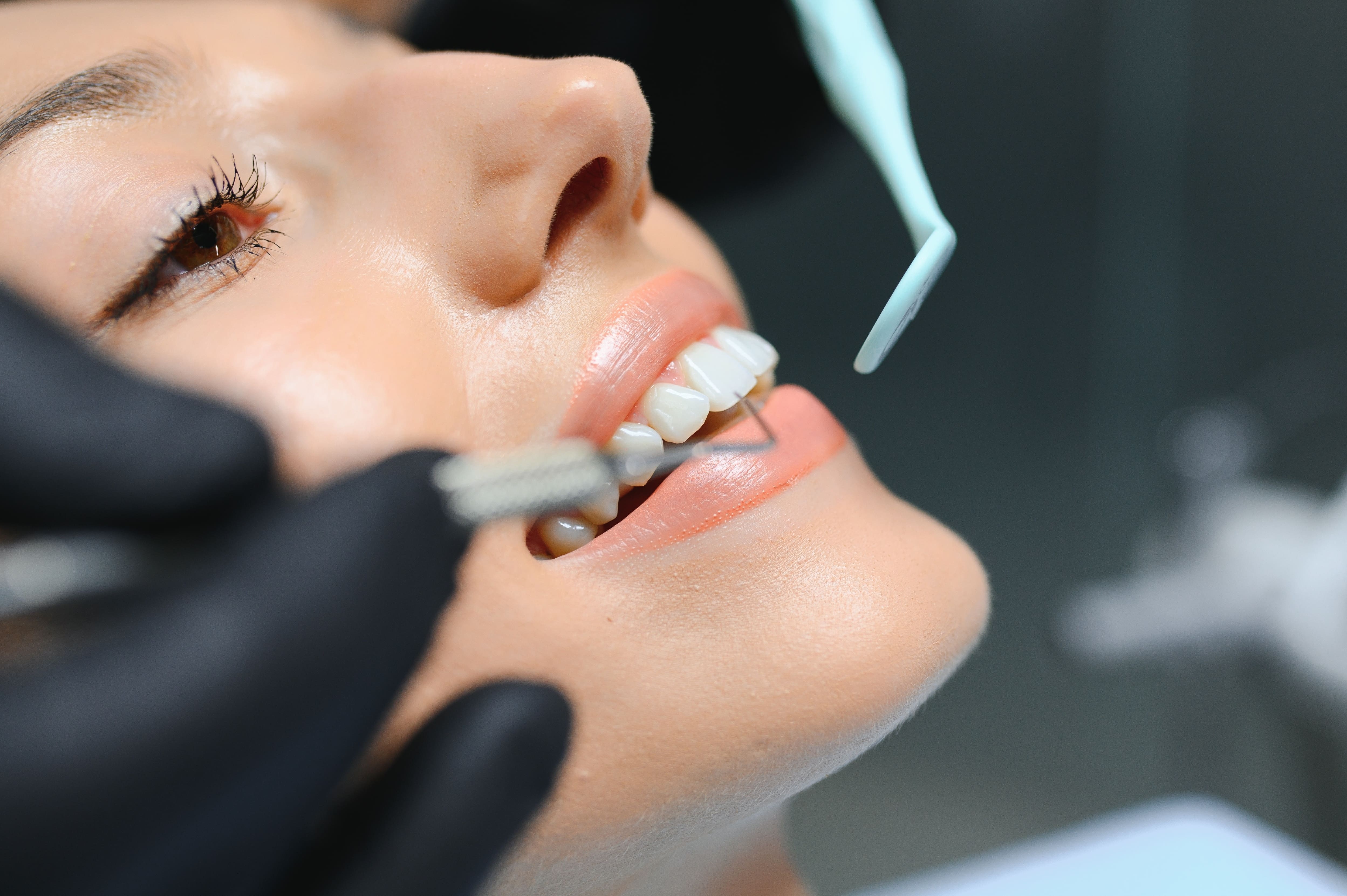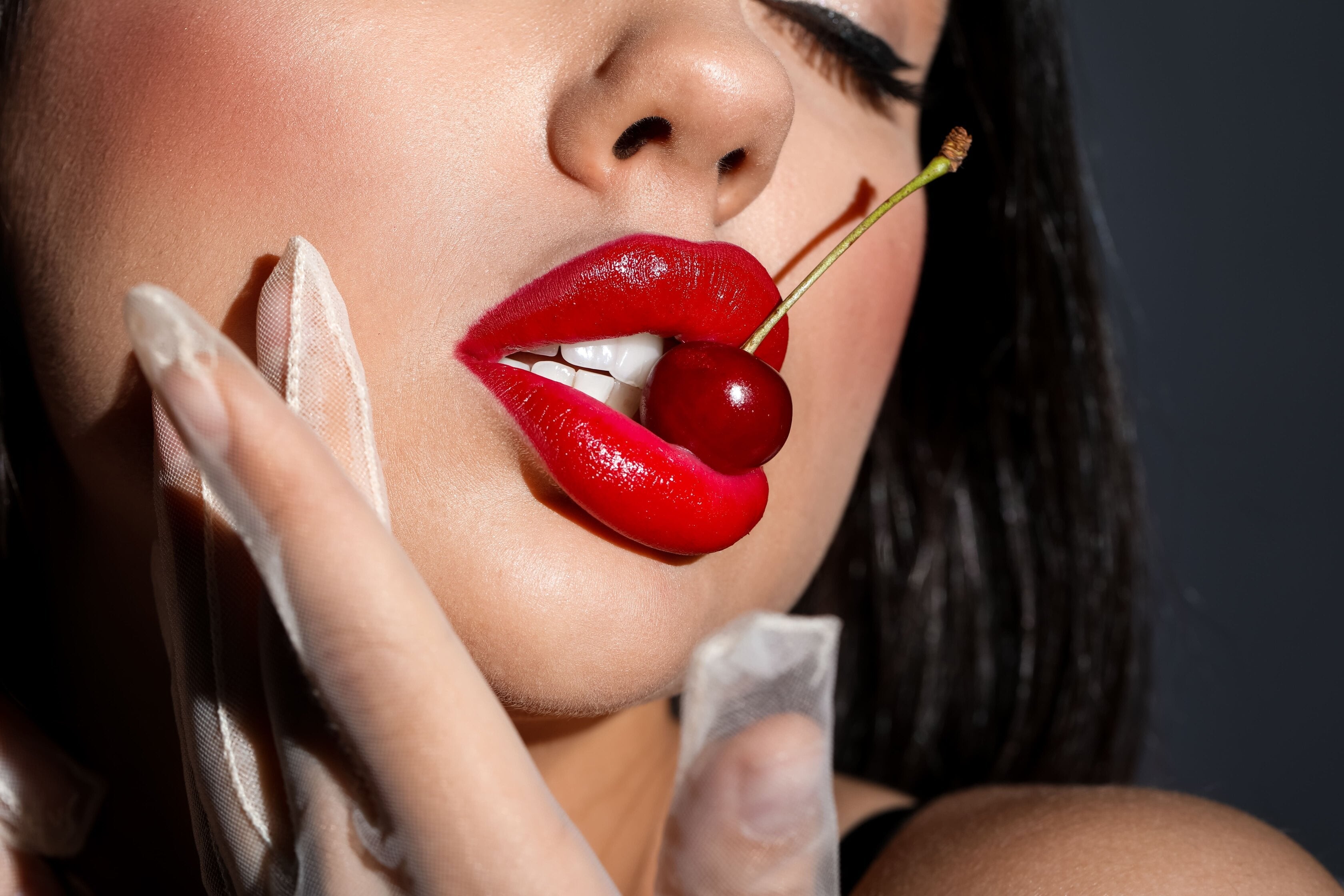Did you know that a staggering 85% of bad breath cases are due to improper cleaning of the tongue? This overlooked aspect of oral care is pivotal, and yet, it remains a mystery to many. Tongue scraping, a practice with ancient roots, is making a resurgence as more individuals realize its importance for maintaining oral health and enhancing overall well-being. For those eager to enhance their oral hygiene, start tongue scraping as a way to unlock the secrets of a fresher breath and a healthier mouth. The reasons to tongue scrape are backed by both tradition and modern dentistry, while the tongue scraping benefits extend beyond what you might expect—from preventing plaque buildup to improving taste perception. If you've not yet begun this practice, it's time to explore the compelling case for making tongue scraping an integral part of your daily routine.
Key Takeaways
- Discover the significant impact tongue scraping has on preventing bad breath and maintaining oral hygiene.
- Learn why it's crucial to start tongue scraping as part of your daily self-care ritual.
- Understand how tongue scraping benefits include improved taste sensation and potential digestive health contributions.
- Find out the surprising reasons to tongue scrape that go beyond fresh breath, such as its role in holistic health practices.
- Gain insights into how easy it is to begin tongue scraping and make it a seamless addition to your morning and evening routine.
The Importance of Tongue Scraping in Oral Hygiene
When we think of oral hygiene, our minds usually gravitate towards brushing and flossing, often neglecting the significance of cleaning our tongues. Yet, this very practice is pivotal in maintaining a healthy mouth and by extension, a healthy body, due to the profound mouth-body connection.
Understanding the Mouth-Body Connection
Emerging studies continuously reinforce the critical link between oral health and systemic health, where a clean mouth can foster a resilient body. The presence of tongue bacteria is not just a concern for bad breath or taste distortion but could also be a catalyst for various systemic health issues. Adequate tongue hygiene, therefore, can be a simple yet effective gateway to bolster not just oral health but overall wellness.
What Accumulates on Your Tongue?
Our tongues are breeding grounds for various compounds that need regular attention. From tongue accumulation of food particles to a nexus of tongue debris and bacteria, these substances can escalate into dental pathology if not addressed. A daily tongue scraping routine proves effective at mitigating these risks.
| Accumulates on Tongue | Potential Consequences | Prevented By |
|---|---|---|
| Food Particles | Bad Breath | Tongue Scraping |
| Dead Cells | Taste Impairment | Proper Oral Hygiene |
| Bacteria | Periodontal Disease | Clean Mouth-Body Connection |
The act of scraping the tongue is a complement to brushing and flossing—a trio that forms a comprehensive approach to oral hygiene. Considering the health implications linked to oral cleanliness, tongue scraping transcends cosmetic appeal, becoming an integral component of one's healthcare regimen.
Tongue Scraping: Reasons To Start, Its Effectiveness and Benefits
When it comes to oral hygiene, many overlook the importance of scraping your tongue. This simple process can play a significant role in your overall wellness journey. Tongue scraping benefits are multiple and can simply be too advantageous to ignore. Tongue cleaning not just clears out bacteria, it can also boost the effectiveness of your taste buds and contribute to a cleaner mouth environment. Here's why you should start tongue scraping without delay.
- Tongue scraping effectiveness in removing oral bacteria is well-documented, leaving your mouth feeling fresher and potentially contributing to a healthier oral biome.
- Regularly scraping your tongue can lead to an improvement in taste sensitivity, allowing you to experience flavors more vividly.
- Engaging in daily tongue cleaning can become a pillar in your effort to maintain good oral health and prevent issues such as halitosis and plaque buildup, linked to gum disease and cavities.
Often, many aren't aware of how tongue scraping benefits extend beyond the mouth. For example, by starting your day with a clean tongue, you're also encouraging digestive health by promoting the production of saliva which facilitates the initial stage of digestion.
| Benefit | Short-Term Impact | Long-Term Impact |
|---|---|---|
| Reduction in Bad Breath | Immediate fresher feeling | Decreased social anxiety and improved interactions |
| Improved Taste | Enhanced flavor perception | Greater enjoyment of a wide range of foods |
| Oral Health Promotion | Fewer bacteria and plaque | Reduction in dental decay and gum disease risk |
| Digestive Support | Increased saliva production | Better nutrient absorption and digestion |
So, if you haven't yet incorporated tongue scraping into your dental routine, now might be the perfect time to start tongue scraping and reap its countless rewards. Whether you're looking to improve your oral flora, freshen your breath, or just contribute to your digestive health, tongue scraping effectiveness is clear and compelling.
Comparing Tools: From Traditional Brushes to Tongue Scrapers
When it comes to enhancing oral hygiene, a chief concern is selecting the right tool for tongue cleaning. The conventional method of using a toothbrush is often juxtaposed with the more targeted tongue scraper.
Effectiveness of Scrapers over Brushes
The debate of tongue scraper vs toothbrush leans in favor of the former when it comes to removing unwanted matter from the tongue's surface. Although a traditional brush can assist in cleaning the tongue, especially while brushing teeth, scrapers are specifically designed to apply the right pressure and cover the tongue's contours more effectively, thereby providing a deeper clean. The effectiveness of tongue scraping tools over a traditional brush is evidenced by their ability to typically reduce volatile sulfur compounds that contribute to bad breath, more so than a toothbrush.
Variety of Tongue Scraping Tools
Examining the types of tongue scrapers reveals a variety to suit different preferences and needs. These tongue cleaning implement range from simple plastic models to more intricate copper and stainless steel options, each with distinct benefits.
| Material | Advantages | Considerations |
|---|---|---|
| Plastic | Cost-effective, flexible, lightweight | Less durable, may need frequent replacement |
| Copper | Antimicrobial properties, durable | May require polishing to prevent oxidation |
| Stainless Steel | Long-lasting, easy to clean, robust | Can feel rigid, less forgiving than plastic |
In choosing between a traditional brush vs scraper, individuals should consider their personal comfort, the effectiveness of the tool, and the specific oral health goals they aim to achieve. The simplicity of use and the direct impact on oral freshness make scrapers an increasingly popular choice.
Integrating Tongue Scraping Into Your Daily Routine
Establishing a daily tongue scraping habit is vital for cultivating top-notch oral health. It's recommended that you incorporate tongue scraping into your morning and evening tongue cleaning routine. To ensure that it's done effectively, follow these simple steps:
- Position yourself in front of a mirror. This helps you see the entire surface of your tongue and ensures thorough cleaning.
- Open your mouth wide, extend the tongue, and place your scraper at the back of the tongue.
- Apply gentle pressure and slowly bring the scraper to the front of the tongue. This motion should be both firm and gentle to remove the soft plaque without causing harm.
- After each pass, rinse or wipe the scraper clean. This step is crucial to remove the collected debris effectively.
- Repeat until you have comprehensively scraped the entire surface of your tongue.
Integrating tongue scraping into your daily routine may seem like a small change, but it makes a significant impact on your oral health.
Regular tongue scraping leads to better breath, improved taste, and overall mouth cleanliness.
Tracking the frequency of tongue scraping and its effects can help solidify the practice as a regular part of your life. The following table provides a week-long tracking example:
| Day | Morning | Evening | Notes |
|---|---|---|---|
| Monday | ✓ | ✓ | Noticed smoother tongue texture |
| Tuesday | ✓ | ✓ | Breath felt fresher |
| Wednesday | ✓ | ✓ | Food tasted more intense |
| Thursday | ✓ | ✓ | Tongue appeared cleaner |
| Friday | ✓ | ✓ | Missed morning session; made up in evening |
| Saturday | ✓ | ✓ | Routine felt more natural |
| Sunday | ✓ | ✓ | Committing to continuity |
By recording your progress, you can visibly see the benefits of incorporating tongue scraping into your health regimen. Akin to other habits, consistency is key in maintaining the newfound freshness and cleanliness achieved through tongue cleaning. With determination, your tongue scraping habit can become as second nature as brushing your teeth.
Mitigating Bad Breath: Scraping Away the Myths
Encountering bad breath can be embarrassing and may negatively affect social interactions. While there are numerous products claiming to combat bad breath, one age-old technique—tongue scraping for bad breath—stands out for its simplicity and efficacy. Let's dive into the depths of halitosis and the pivotal role of tongue scraping in its prevention.
Common Causes of Halitosis
The unpleasant phenomenon known as halitosis stems from various sources. It's essential to pinpoint the halitosis causes to tackle the issue effectively. Factors such as leftover food particles, a dry mouth, or tobacco use can contribute to the condition. Additionally, medical conditions like sinusitis, diabetes, or liver and kidney diseases should not be overlooked as potential culprits.
The Role of Consistency in Fighting Bad Breath
A critical measure in addressing bad breath is adopting a routine that emphasizes consistency in fighting bad breath. Regular oral hygiene, especially tongue cleaning, is a pivotal component. In this regard, the humble tongue scraper emerges as a crucial ally.
| Benefit | Description |
|---|---|
| Reduces Bacteria | Scraping can remove the buildup of bacteria that cause odor. |
| Improves Taste | Regular scraping can lead to enhanced taste sensations. |
| Prevents Buildup | Consistent use helps prevent the accumulation of food particles and dead cells. |
| Enhances Oral Health | By maintaining a clear tongue, one contributes to overall mouth cleanliness and health. |
To sum up, combatting bad breath is not a mythical challenge but a daily commitment to oral hygiene, with tongue scraping at the forefront. Embracing this simple, yet highly effective habit can lead to a fresher breath and a healthier mouth.
Health Benefits Beyond Fresh Breath
When we delve into the health benefits of tongue scraping, we uncover a myriad of advantages that reaffirm the practice as an integral component of our oral hygiene regimen. Not only does it safeguard our oral health and overall well-being, but it is also instrumental in refining our gustatory experience and digestive efficiency.
Improving Taste Sensation
One of the lesser-known yet significant benefits of regular tongue scraping is the taste sensation improvement it offers. Each day, our tongue gathers an array of debris and bacteria that can coat the taste buds and obscure their sensitivity. Through the simple act of scraping, we unveil the full spectrum of the tongue's capabilities, allowing the taste buds to more accurately perceive the depth and nuance of flavors. It's a cherished boon for culinary enthusiasts and anyone eager to enhance their dining experience.
Contributing to Digestive Health
The process of digestion begins far earlier than one might presume—right from the very first moment food touches our tongue. Tongue scraping plays a vital role in this initial phase by clearing the tongue's surface, thus optimizing the effectiveness of saliva's digestive enzymes. This action, in turn, fosters tongue scraping and digestion harmony, which facilitates the breakdown of food and absorption of nutrients, setting the stage for a healthier digestive system.
Together, these practices foster a profound impact on our everyday lives. They are not merely rituals of cleanliness but are pillars of a proactive health regimen. By integrating tongue scraping into our daily care, we invest in an often overlooked facet of our health, yielding rewards that ripple through our sense of taste, our digestive system, and ultimately, our overall quality of life.
Conclusion
The practice of tongue scraping stands as a testament to the importance of tongue scraping in fostering a robust oral hygiene regimen. This straightforward yet effective method is key not only to maintaining the cleanliness of the tongue but also to reaping the overarching benefits of tongue scraping. Employing this technique regularly can lead to the removal of unwanted residues, such as bacteria and dead cells, thereby refreshing your breath, intensifying your sense of taste, and facilitating the initial stages of digestion.
The influence of tongue scraping extends far beyond the realm of oral care. It encapsulates a holistic approach to health that underscores the undeniable connection between a clean mouth and a healthy body. Given the simplicity of integrating tongue scraping into one's personal care routine, there exists no reason to delay adopting this salubrious habit. The conclusion tongue scraping can indeed be drawn that when incorporated into a daily healthcare routine with diligence, tongue scraping is an invaluable ally in securing not just a pristine oral environment but a more vibrant overall well-being.
In summary, tongue scraping is beyond a mere addition to dental hygiene; it’s a transformative process with far-reaching implications for one’s health. The initiative to begin tongue scraping is a decisive step towards enhancing daily self-care practices. Empower your oral health and witness the improvement in your daily life by making tongue scraping an indispensable segment of your health-conscious journey.
FAQ
What is tongue scraping?
Tongue scraping is a simple oral hygiene practice that involves using a small, rounded tool to scrape the surface of the tongue, removing debris, bacteria, and dead cells.
Why should I start tongue scraping?
Tongue scraping is highly effective in removing debris, bacteria, and dead cells from the tongue, improving taste sensation, reducing bad breath, and promoting overall oral health.
How often should I scrape my tongue?
It is recommended to scrape your tongue twice a day, ideally in the morning and before bedtime, to maintain optimal oral hygiene.
What tools can I use for tongue scraping?
There are various tongue scraping tools available, including plastic, copper, and stainless steel scrapers. The choice of tool depends on personal preference and individual needs.
How do I integrate tongue scraping into my daily routine?
To incorporate tongue scraping into your routine, stand in front of a mirror, open your mouth, and gently scrape the surface of your tongue from back to front using a tongue scraper. Repeat until the entire tongue surface is scraped.
Can tongue scraping help with bad breath?
Yes, tongue scraping can mitigate bad breath by removing bacteria and debris that contribute to unpleasant odors.
What are the benefits of tongue scraping beyond fresh breath?
Tongue scraping improves taste sensation by removing debris that may hinder taste buds. It also activates digestive enzymes, contributing to better digestive health.
Why is tongue scraping important for oral hygiene?
Tongue scraping is crucial for maintaining oral hygiene as it removes debris, bacteria, and dead cells from the tongue, preventing bad breath, dental decay, gum disease, and other oral health issues.
Does tongue scraping have any other health benefits?
Yes, tongue scraping can benefit overall well-being by improving taste sensation and promoting better digestion.
What is the importance of consistency in tongue scraping?
Consistent tongue scraping helps prevent the buildup of odor-causing substances and maintains optimal oral health, including fresh breath and a clean tongue surface.
Are there any foods to avoid for tooth staining?
Red wine, coffee, tea, and dark-colored berries are known to cause tooth staining. Limiting their consumption or rinsing your mouth after consuming them can help prevent staining.






